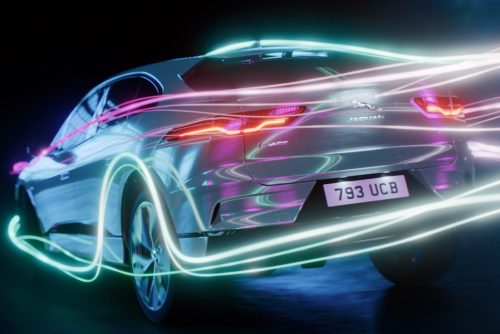JLR to build electric cars in Birmingham saving thousands of jobs

Jaguar Land Rover (JLR) will manufacture a range of new electrified vehicles at its manufacturing plant in Castle Bromwich.
As part of the plans there will be an extensive transformation of Castle Bromwich site to become the UK’s first premium electrified vehicle plant and “will be the most significant in the plant’s history”.
Work will also commence later this month on the installation of new facilities and technologies required to support Jaguar Land Rover’s next-generation Modular Longitudinal Architecture (MLA).
JLR say today’s announcement will safeguard several thousand jobs in the UK and is the next stage in execution of Jaguar Land Rover’s electrification strategy.
The first new electric car to be produced at the plant will be Jaguar’s flagship luxury saloon, the XJ.
Prof Dr Ralf Speth, Chief Executive Officer of Jaguar Land Rover, said: “The future of mobility is electric and, as a visionary British company, we are committed to making our next generation of zero-emission vehicles in the UK.
“We are co-locating our electric vehicle manufacture, Electronic Drive Units and battery assembly to create a powerhouse of electrification in the Midlands.”
“The new all-electric model will be created by the same expert team of designers and product development specialists responsible for delivering the world’s first premium electric SUV, and 2019 World Car of the Year, the Jaguar I-PACE.”
In January JLR confirmed plans to bring battery and Electric Drive Unit (EDU) assembly to the Midlands with investment in new and existing facilities. The new Battery Assembly Centre at Hams Hall, operational in 2020 will have an installed capacity of 150,000 units.
The company said electric vehicles would only be affordable if the batteries were made in the UK and has called on the government and industry to work together to bring giga-scale battery production to the country
JLR have said that one of the big challenges going forward would be the increasing take-up of the new vehicles but it was determined to see customers offered a greater choice of vehicles to suit their lifestyles.
Prof Dr Speth, added: “Convenience and affordability are the two key enablers to drive the uptake of electric vehicles to the levels that we all need. Charging should be as easy as re-fuelling a conventional vehicle.”








